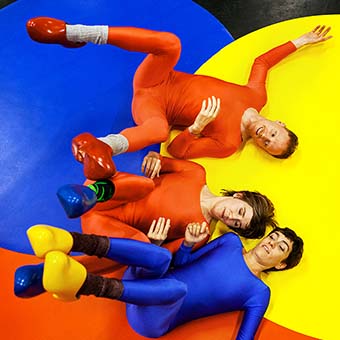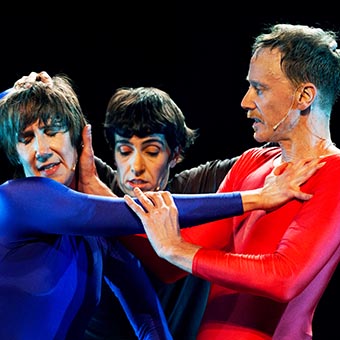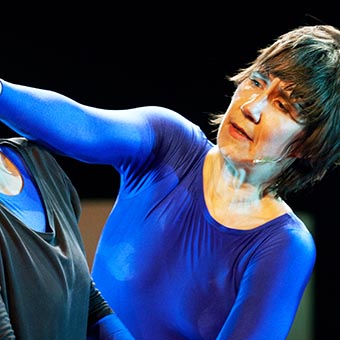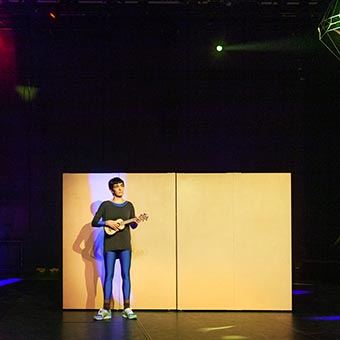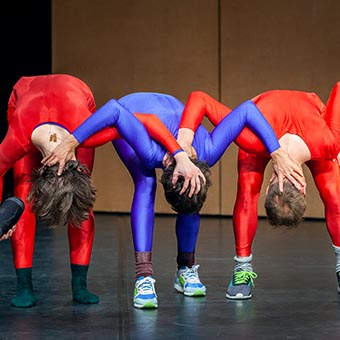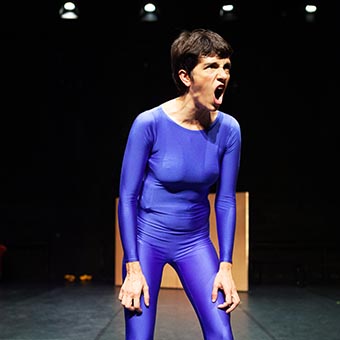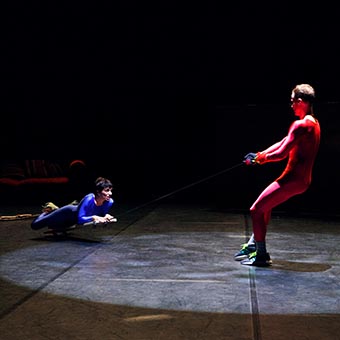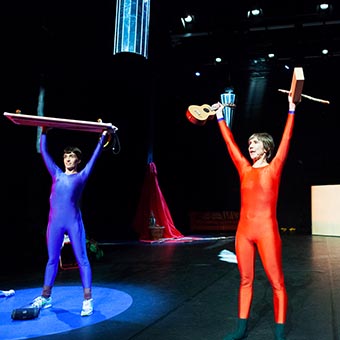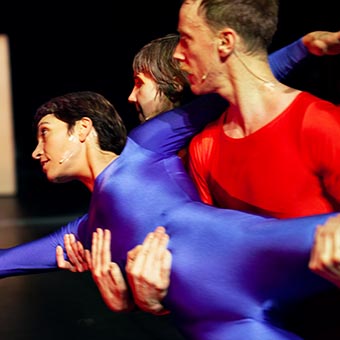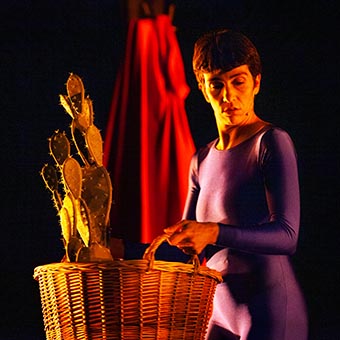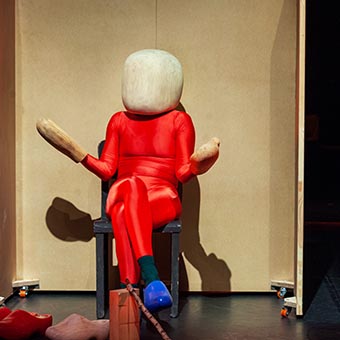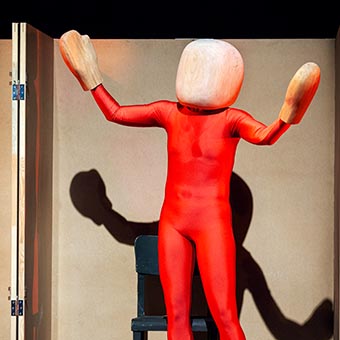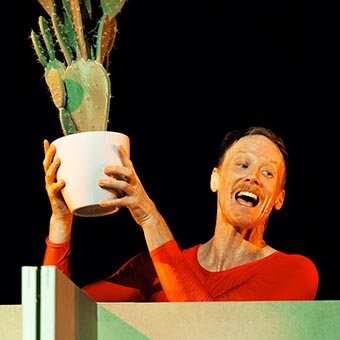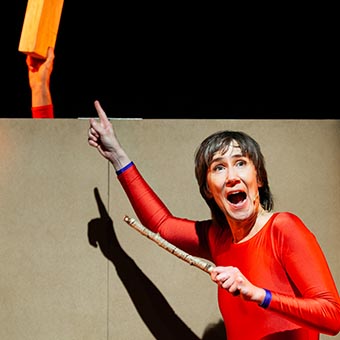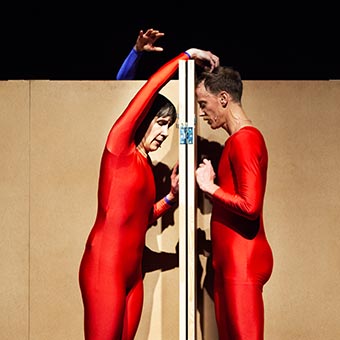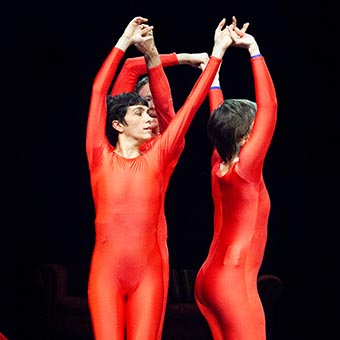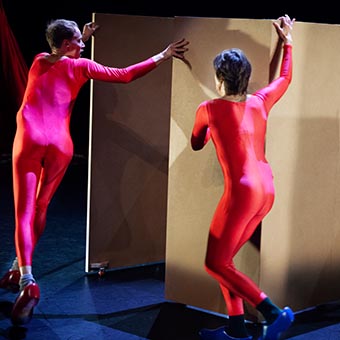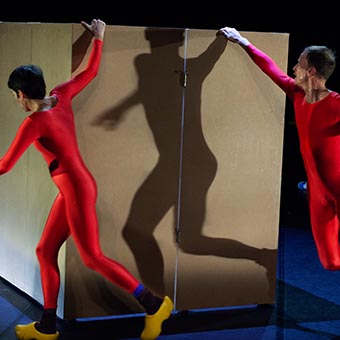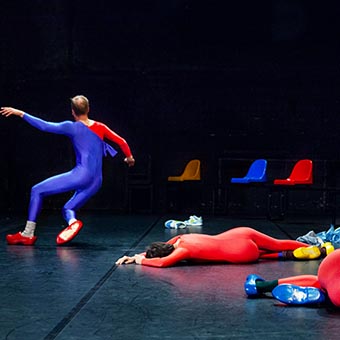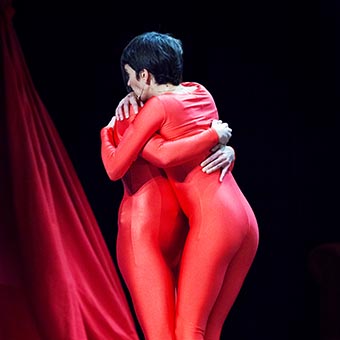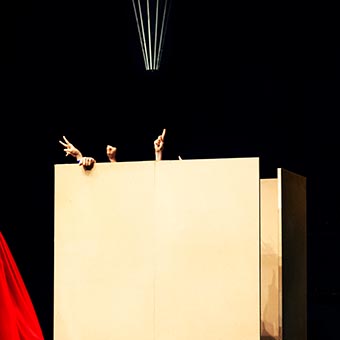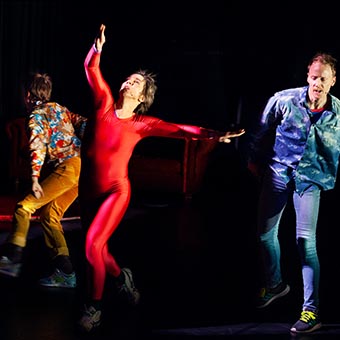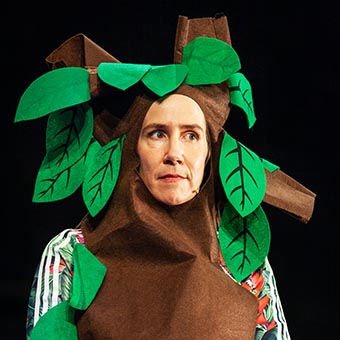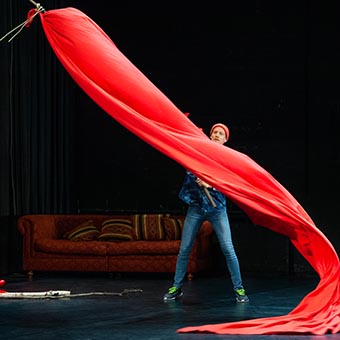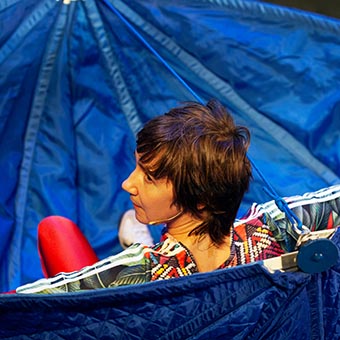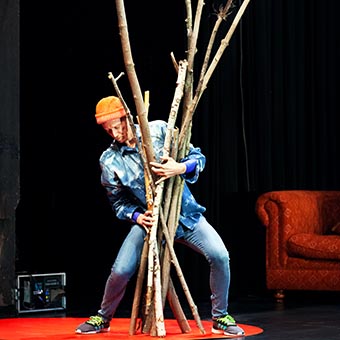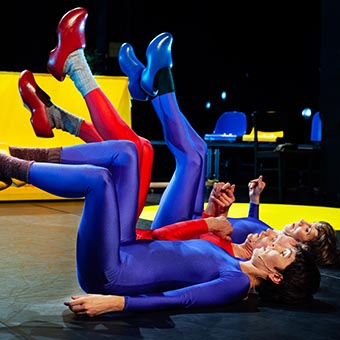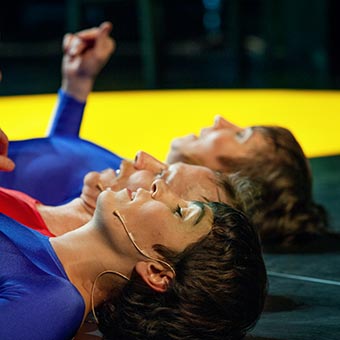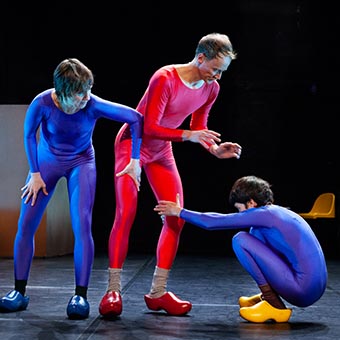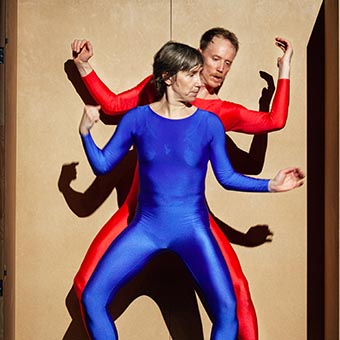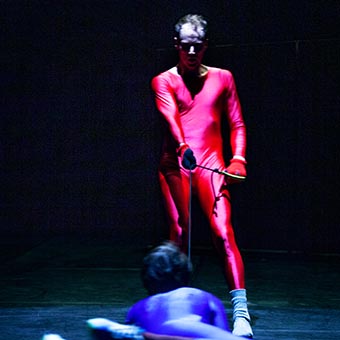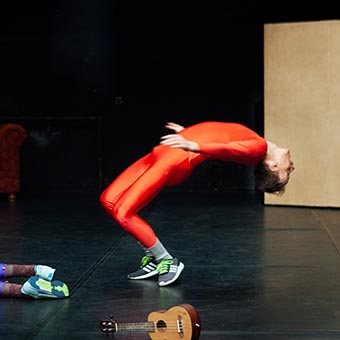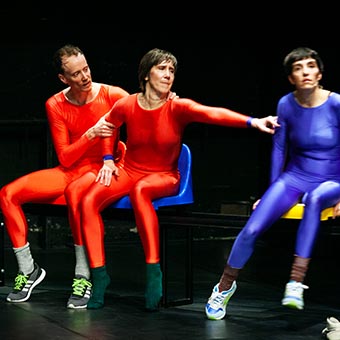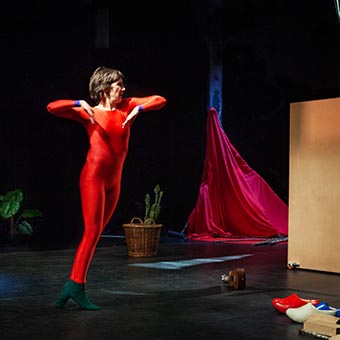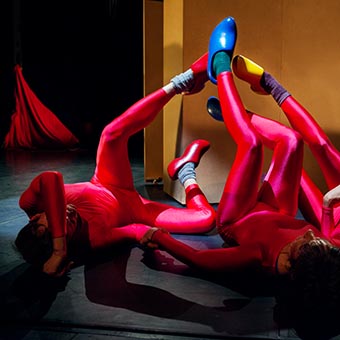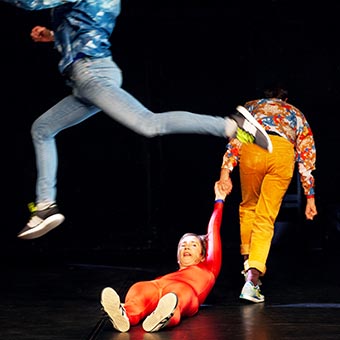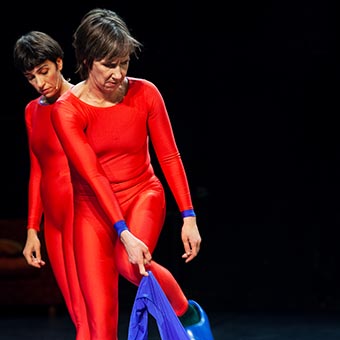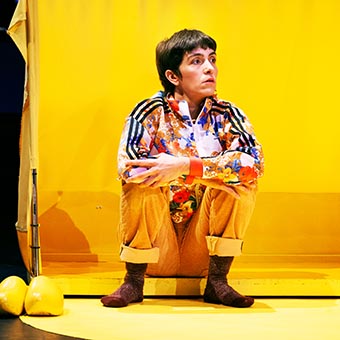World Premiere: February 17th, 2023, Kampnagel Hamburg
In 2021, “We Call it a House” was started because we were interested in asking: to whom does the stage actually belong, who goes there and who expects whom there? It was in the midst of the pandemic, and Antje Pfundtner in Gesellschaft was waiting for everyone who didn’t come. Thus a film was created in which the stage mutated into a house that was open for all and let the observers at home get closer than they would have had they met directly.
The question that served as the basis for the trio “Wofür brauchst Du die Anderen?” [“What do you need others for?”] is more relevant than ever: because now the audience is back.
The trio opens the doors of its house and questions the common place where everyone is coming together. Because: while the performers are finding their places in the house and the audience on the stands, the question is inescapable: how should one re-appropriate the long-since rehearsed theater space, the divided house? Have conditions really changed, or are we just hanging on to our old promises and habits?
“We Call it a House”: while the house continues turning, like a carousel, the trio seeks a self-determined end, a stop, an overview, in order to look at surrounding future places from this vantage point: who will grab them, lay their hands on them and when we will finally have enough?
With their new piece, Antje Pfundtner in Gesellschaft is taking the opportunity to reconsider the act of needing ideally and materially as well as in the here and now of the performance.
And now back to the question: To whom does the stage belong?
To address this, before every performance Antje Pfundtner in Gesellschaft is inviting artists from dance and the performing arts, like an opening band, to use a stage for a solo moment that is prepared for a performance anyway. The artists who take up this invitation will show excerpts from works that were not produced at Kampnagel.
On the first evening, the percussionist Ying-Hsueh Chen will present a scene from the concert performance “HIT” by Greta Granderath, which premiered at Kraftwerk Bille Hamburg in 2022. On the second evening, Venetsiana Kalampaliki will show an excerpt from her residency research at the NAVE cultural center in Santiago de Chile. She has chosen to explore her research more extensively with an audience before she transforms it into an evening-length performance. On the third evening, Israel Akpan Sunday and Paul Timmich will present a scene from Israel Akpan Sunday’s piece, which premiered at the Sprechwerk Hamburg in 2022: “AFROCONFUSIONIST”.
Idea & concept: Antje Pfundtner in Gesellschaft
Choreography: Antje Pfundtner
Dance: Juliana Oliveira, Antje Pfundtner, Matthew Rogers
Dramaturgy: Anne Kersting
Music & sound: Nikolaus Woernle
Sound tech: Tobias Gronau
Stage: Irene Pätzug
Stage tech: Holger Duwe
Costumes: Yvonne Marcour
Lighting: Michael Lentner
Production, PR & marketing: Hannah Melder
Assistant & Collaboration PR: Vivienne Lütteken
Collaboration PR: STÜCKLIESEL
The evening will be opened by: Ying-Hsueh Chen and Greta Granderath, Venetsiana Kalampaliki, Israel Akpan Sunday and Paul Timmich
Guests: Dani Brown, FrontMan, Alrun Hofert, Fabrice Mazliah
“We Call it a House” is a production by Antje Pfundtner in Gesellschaft in coproduction with Kampnagel Hamburg. “We Call it a House” is funded by TANZPAKT Stadt-Land-Bund with the support of the German Federal Government Commissioner for Culture and the Media and the Freie und Hansestadt Hamburg, Behörde für Kultur und Medien.
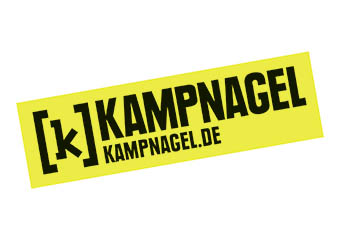
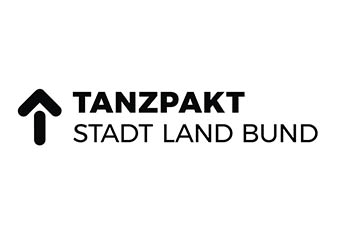
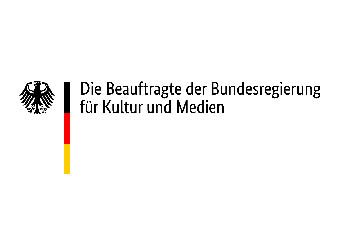
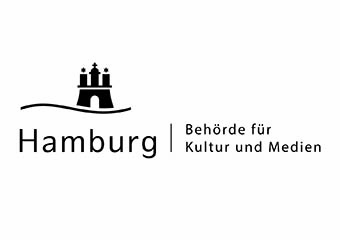
Photos
Photos: Simone Scardovelli
Press
“With more emphasis than in past productions, Antje Pfundtner in Gesellschaft uses the charm of a cleverly composed object theater that – in combination with subtly dosed ironic language and sparse dance movements – is formed into a tableau of amazement and wonder. In her choreography, Antje Pfundtner manages a wonderfully delicate imaginative approach to questions of togetherness, endangered nature and a fleetingly constructed space that repeatedly softly escapes the grasp of the three performers on their rollers. Everything is a surprise here. Each shift creates new, uncommon images – like a dream that you don’t immediately completely decode. But it is precisely this openness that tends to even increase the fascination and joy of observing.” Annette Stiekele/ Hamburger Abendblatt
“Back in 2021, the question was still ‘Who am I in the context of others? How are we connected?’, now the question is: ‘Who does the stage belong to? Who goes there? And who meets whom there?’ These are subjects that were worked on at the ‘Tischgesellschaften’ that she initiated. A concrete result was that the company opened up the stage for guest appearances – they were different on each of the three performance days at Kampnagel. (…) Even just this wonderful idea is an innovation with a high value of imitation. And then: the piece itself is of high entertainment value. ‘We Call it a House’ plays with a blue foldable clamshell tent, a solidly anchored sun yellow wooden tent and a ruby red teepee that still needs to be constructed in order to supply the term ‘house’ some content beyond the stage as a site. So, these three primary colors also stand for fundamentals that are unique to a home. From these various ‘viewpoints’, the three performers observe the world. In addition to Antje Pfundtner herself, Juliana Oliveira and Matthew Rogers are there, and each of them is staggeringly funny and profound at the same time. For example, when Antje Pfundtner puts on boxing gloves made of wood and then pulls on a mask of a piece of wood over her head … or when all three of them stroke their heads over separating walls of a wooden paravent that also serves as a house. There are a multitude of such moments that enrapture and conjure up a smile in the audience’s souls. The flowing transitions between language and dance are captivating, the tender poetry of touches. This is contrasted by an occasionally earsplitting clattering and drumming from six wooden shoes with which the three of them repeatedly cross the stage until at the end they lie down and their raised legs constantly hit each other as if by chance, sounding out and fading away, while the light is dimming, but the sound is still there, until the light goes back on and the soft ping-pong continues. It is this unbelievably lyrically sound at the end that has an almost magical pull – one doesn’t want to stop listening to it. ‘We Call it a House’ is a piece that one wishes wide distribution because it inspires one to think in such a weightless way, because is exudes so much optimism and joy in such a less than bright age. And because it makes clear: We are all sitting in the same house. Somehow.“ Annette Bopp/ tanznetz.de

